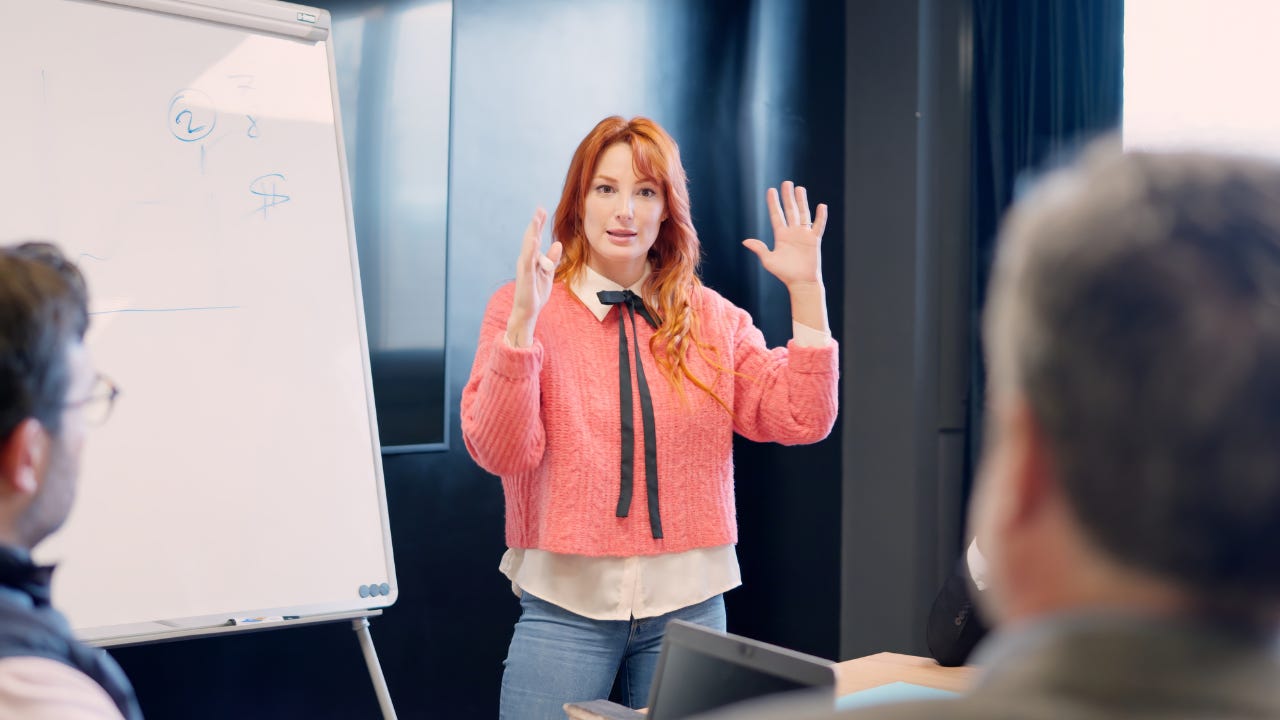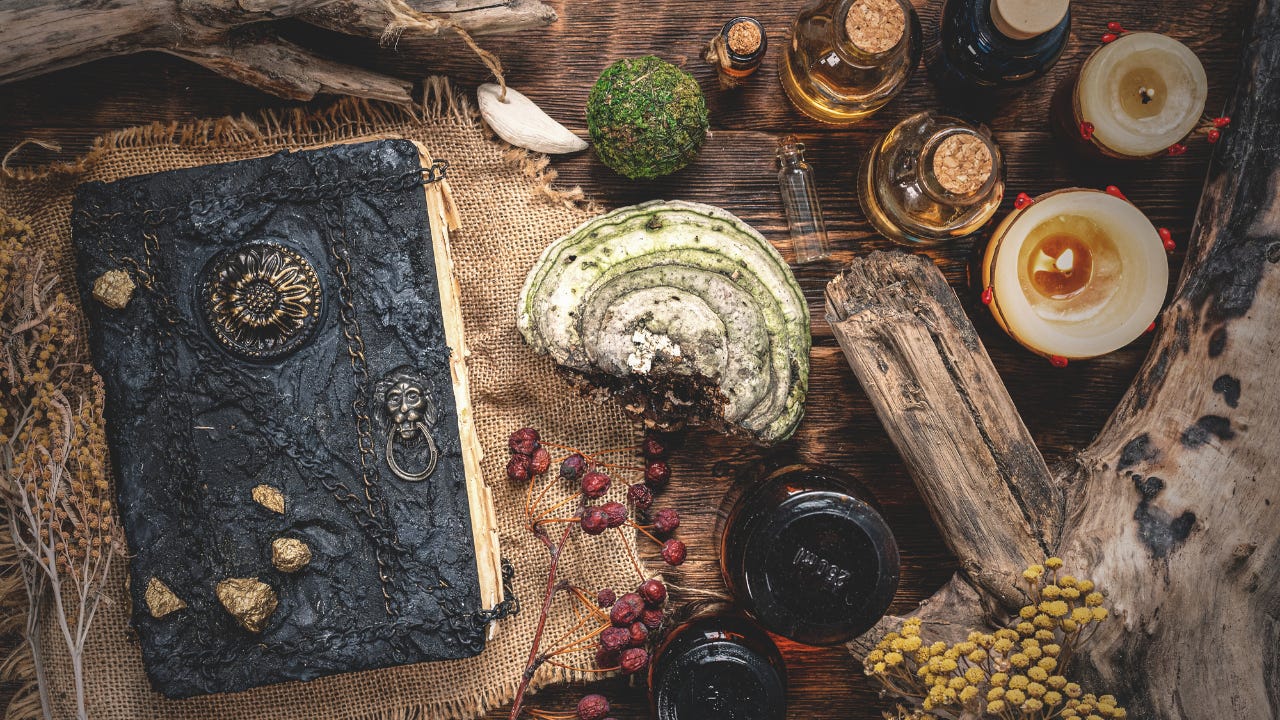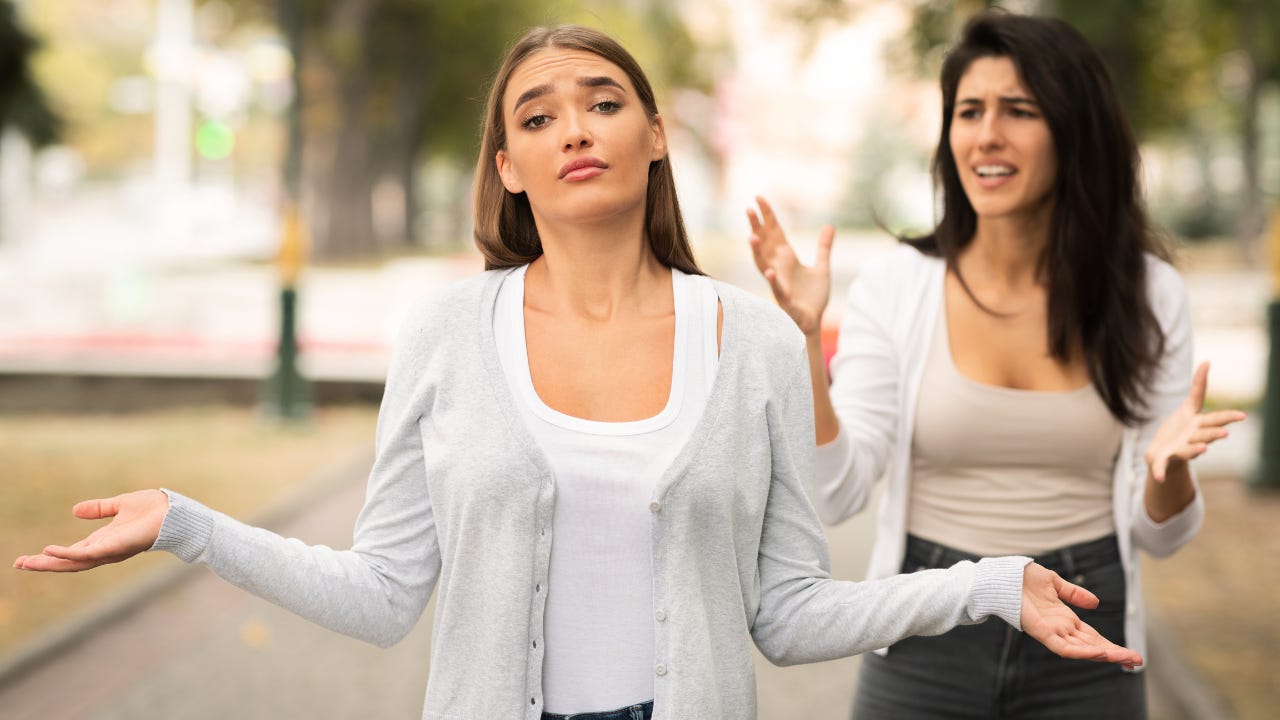One of the most common visibility concerns that women raise with me is that they don’t feel expert enough to be sharing their ideas or offerings with the world.
Here’s how Oxford Languages defines the word ‘expert’ [noun]; a person who is very knowledgeable about or skilful in a particular area.
The etymology of the word derives from Middle English, drawn from French, from Latin expertus, past participle of experiri ‘try’. Oxford Languages notes to compare the term with experience and experiment.
In other words, when people came up with the idea of ‘expertise’ they were reaching for a way to describe what it is to try, to gain experience, and to experiment.
Here’s what isn’t immediately obvious when you look at those definitions; when you live in a society built on inequality, not everyone has the same opportunity to try, to gain experience, or to experiment.
In other words, gender, race, sexuality, physical and mental abilities, and class have all determined who has been allowed to acquire expertise and who hasn’t.
Little wonder then - given that patriarchy is many thousands of years old at this point - that a great many women question whether they are ‘expert enough’ to speak up about a topic or build a business around it.
We’ve been excluded from the idea of expertise for so long that there’s only a very short, collective history to draw upon when it comes to being recognised for our skills, knowledge and wisdom.
Concurrently, the skills, knowledge and wisdom that we have collectively acquired under patriarchy, in child and home care, in arts and crafts, in women’s health and wellbeing, have either been diminished as not valuable, or worse, have been demonised and used as a reason to burn or drown us.
So the job, in claiming your role as an expert, isn’t just one of breaking down barriers to entry, it’s also one of clearing collective trauma.
Demystifying the notion of expertise is a useful place to start.
If we think about expertise as being built on experimentation and knowledge, all communities lack significant collective expertise across a vast range of human experiences.
Experimenting with queer sexuality, for example, was (and still is) illegal in many countries. This means that a great many nations are operating with gaping holes in their understanding of how sexuality might be experienced and expressed within their populations.
If you’re a queer person who seeks to expand this knowledge base, you don’t just have to break through your inner critique about how intelligent or articulate you might be when it comes to talking about queerness, you also have to:
develop language around a topic that has had a very limited vocabulary built around it (whether because it never existed or because it was suppressed), and
convince yourself and others that queerness is a ‘legitimate’ topic in which to develop expertise.
Similarly, understanding a woman’s physiology was, for many centuries, deemed unnecessary in Western medicine. This meant that Western medicine developed no expertise in women’s health until the 20th century (even today, data is sketchy and gaps in knowledge vast).
Western societies have, however, always had experts in women’s health. We’ve called them wise women, midwives, witches and healers.
In stepping forward to assert expertise drawn from that long lineage of beliefs and practices, every person has had to:
overcome their individual insecurities, and
play a role - whether they wish to or not - in breaking down the historical marginalisation and demonisation of women’s wisdom.
Expertise is ever-evolving
Expertise requires us to acquire a base level of knowledge and experiment with it, continuously applying our curiosity and discernment. As you immerse yourself in a body of work, you’ll often find yourself revisiting and expanding foundational ideas and approaches.
In other words, expertise is not static. It’s an ever-evolving, living thing.
When knowledge or skills are left on the shelf, expertise wanes. Similarly, as women, Black, Indigenous and People of Colour, disabled people, and openly queer folk enter fields from which they were formerly excluded, expertise expands. Forms of knowledge change.
Your own level of expertise is equally dynamic. At the beginning of any new venture, you have to be comfortable with not knowing much. You have to be willing to be a beginner, to make mistakes, and to expose gaps in your knowledge.
When that happens to you, I suggest you do exactly what wise nations do when they are ready to grapple with the fact that a whole group of people has been excluded - up until that point - from informing their collective wisdom. They:
open doors that were previously closed,
find ways to bring more of those people into decision-making spaces,
absorb the new information those people bring with them,
adjust, and
keep growing.
Of course, some people fight that process, just as parts within us resist change. We all want to stay safe. We want the pleasure that comes with feeling right. We don’t want to operate in the unknown. We want to be seen as authorities rather than amateurs. We don’t want to expose ourselves to judgment.
But the expert is the one who experiments. Who tries and fails and tries again.
So, each time you feel the question, ‘Am I expert enough?’ rising to the surface, I suggest you change the question.
Change it to, ‘How willing am I to experiment with new ideas, experience new things, and/or just give it a try?’
Each time you make that shift, you can be sure you’ve wandered onto the path of the expert.
Visibility Guide for August: Navigating Controversy
Hello lovely people!
Below is your Visibility Guide for August.








